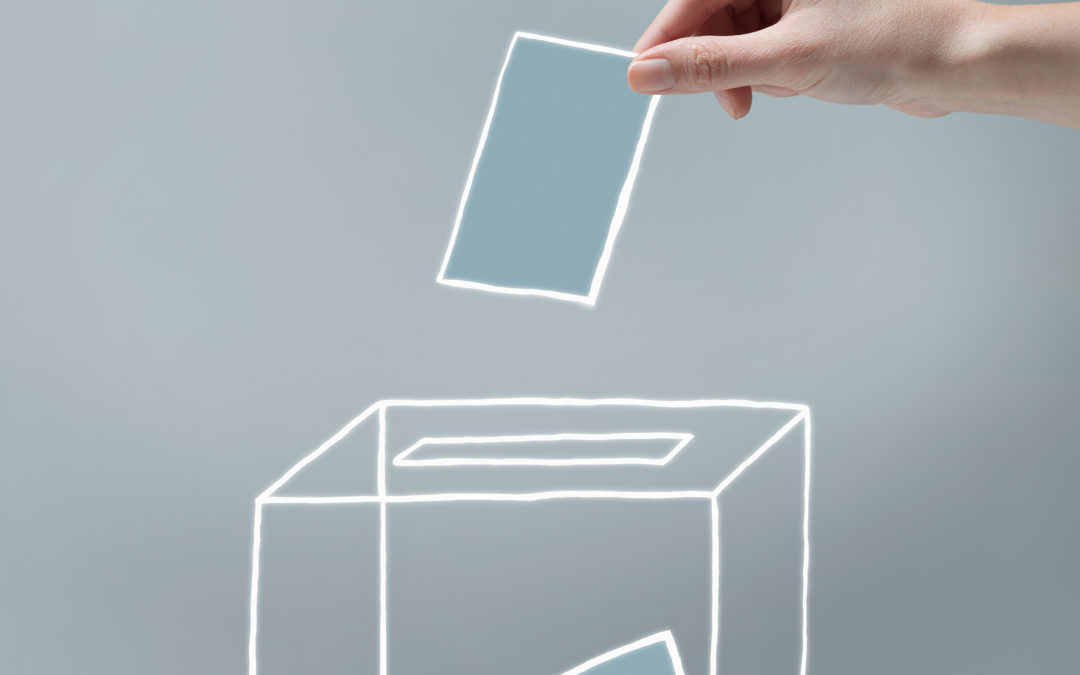The COVID-19 pandemic has impacted so many aspects of our lives—from how we work, shop, and socialize to how we relax, entertain ourselves, and teach our children. For many of us, how we vote on Election Day is about to change too.
As of the end of August, more than 190 million Americans who are eligible to vote will be able to cast a ballot by mail, according to The Washington Post. Twenty states plus the District of Columbia changed their voting rules because of the pandemic. Of those eligible to vote by mail, 100 million live in states that will accept fear of COVID-19 as an excuse to vote absentee or have switched to become “no excuse” states. However, more than 38 million voters will need an excuse beyond COVID-19 to vote absentee.
The voting changes fall in line with guidance from the Centers for Disease Control and Prevention, which is recommending that election administrators provide “a wide variety of voting options” and adjust their Election Day precincts to provide adequate hygiene supplies and more space for those voting in person.
As Election Day approaches, two lessons from the pandemic seem particularly applicable for voters. Be prepared, and be patient.
The same lessons are relevant in your community.
The signs that rally support for a favorite candidate or cause are dotting yards, causing communities to review and enforce restrictions when appropriate and, sometimes, leading to extra media attention. Read “Signs of the Times” from the September/October 2020 issue of Common Ground magazine for the importance of reasonable and uniformly enforced sign restrictions.
Flag disputes deserve a similar level of care and attention. You need to learn the law, listen to your attorney, and have some common sense.
Meanwhile, meetings and elections in community associations may have been forever changed by the pandemic. Anecdotally, the move to conduct business virtually has gone smoothly and led to increased engagement, a positive development for communities that struggle with voter apathy.
I’m guessing low turnout won’t be a problem on Nov. 3, when the 2020 election is certain to be unlike any other in U.S. history. We need to:
Be prepared. Know your voting options and make plans—early—for how you will cast your ballot. Check your voter registration status, and request a mail-in ballot as early as possible. CAI’s elections resources can help: www.caionline.org/CAIvotes.
Be patient. Unlike previous elections, due to a likely huge increase in absentee ballots, we may not have a reliable national tally right away.
Your vote is your voice. Use it.


